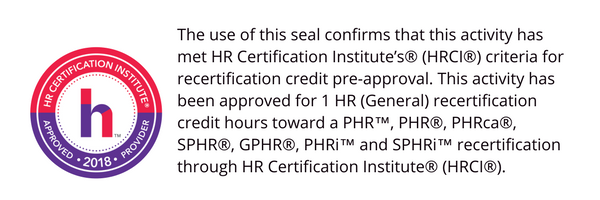Coaching Conversations
E-Learning | 1.0 HR
This training will help you establish the context of a situation and lead a series of coaching conversations that make the individual responsible for proactively defining goals and becoming accountable to their commitments. You will understand how the various aspects of coaching conversations (such as defining the opportunity or problem, analyzing options, and developing an action plan) can motivate and support individuals to help them successfully meet their goals.
Coaching skills can be applied to a variety of situations. Common coaching situations involve the "big picture” view of identifying a satisfying life path, or a more detailed view of improving performance in specific areas. In all situations, coaching is about tapping into a potential that would otherwise be idle, and using it for the benefit of the employee and the company. According to the International Coach Foundation, coaching improves work performance by 70 percent, time management by 57 percent, and team effectiveness by 51 percent.
Coaching also impacts the manager or supervisor who coaches. A Results Coaching Systems study surveyed 30 supervisors who had been trained in coaching techniques. The coaches reported that they changed their managerial style to better empower their staff, with 60 percent feeling more valued by team members and 40 percent feeling more valued by their immediate boss.

E-Learning | 1.0 HR
Overview
Downloadable Guide
Coaching for Performance Management
Coaching for Career Development
Coaching for Training in Specific Skills
Coaching a Business Team
Case Study
Quiz
References
License to Use
Course Survey